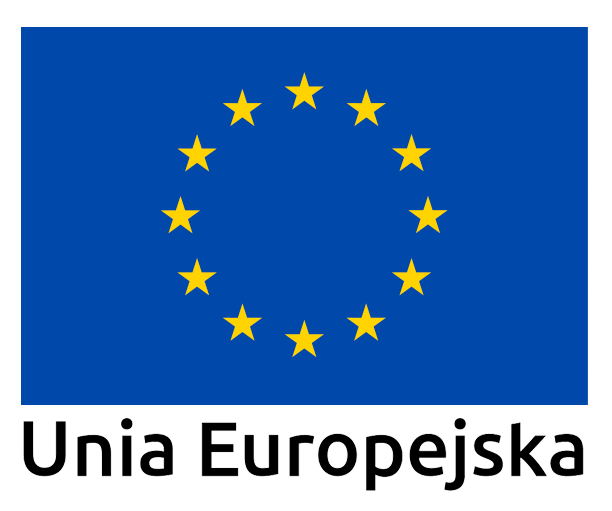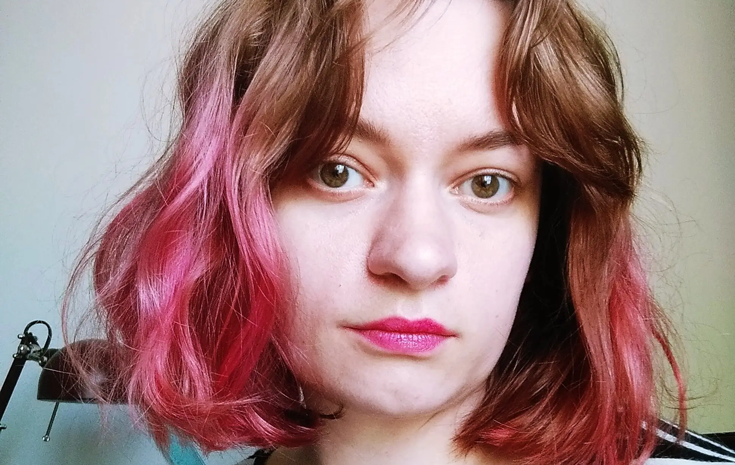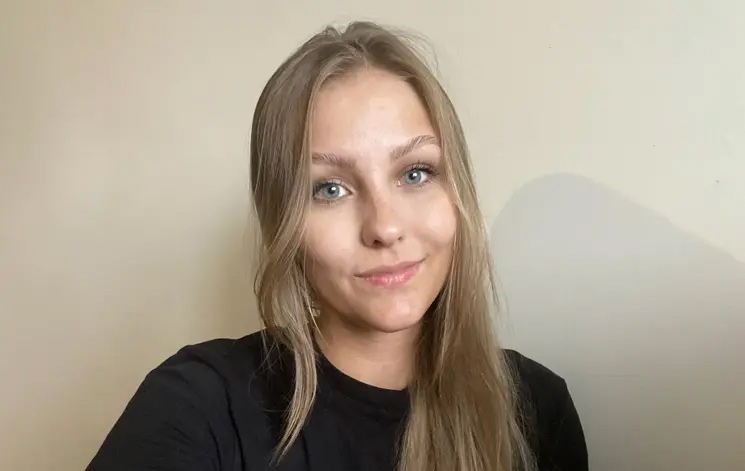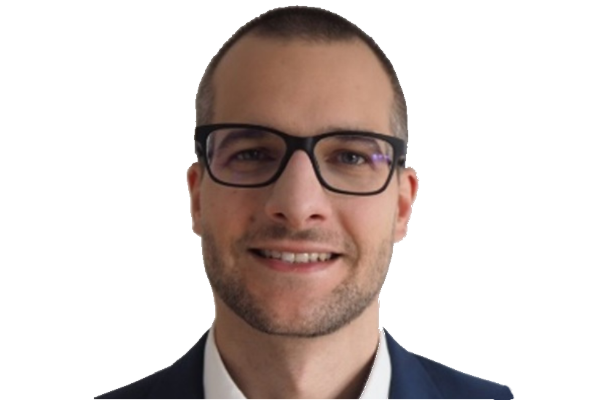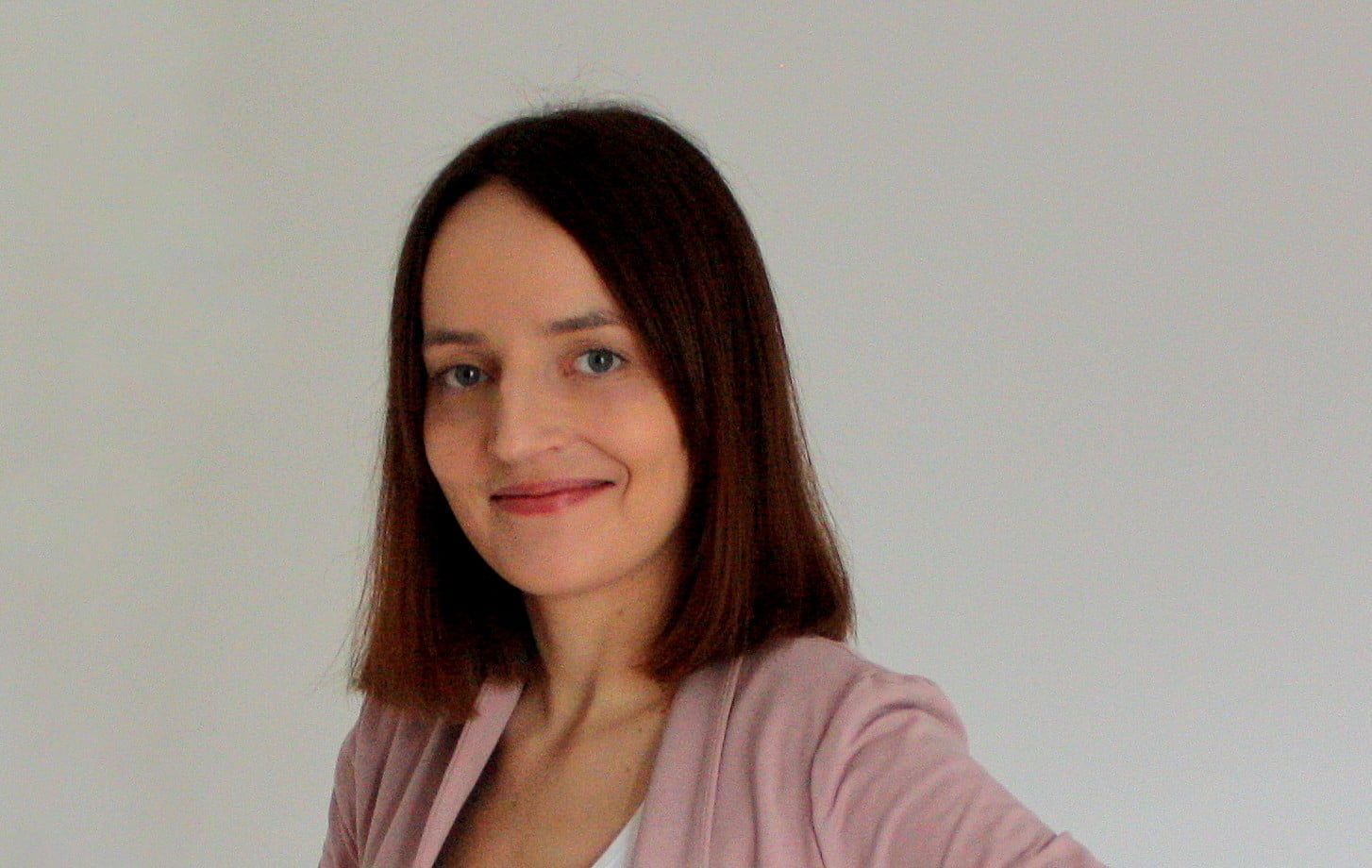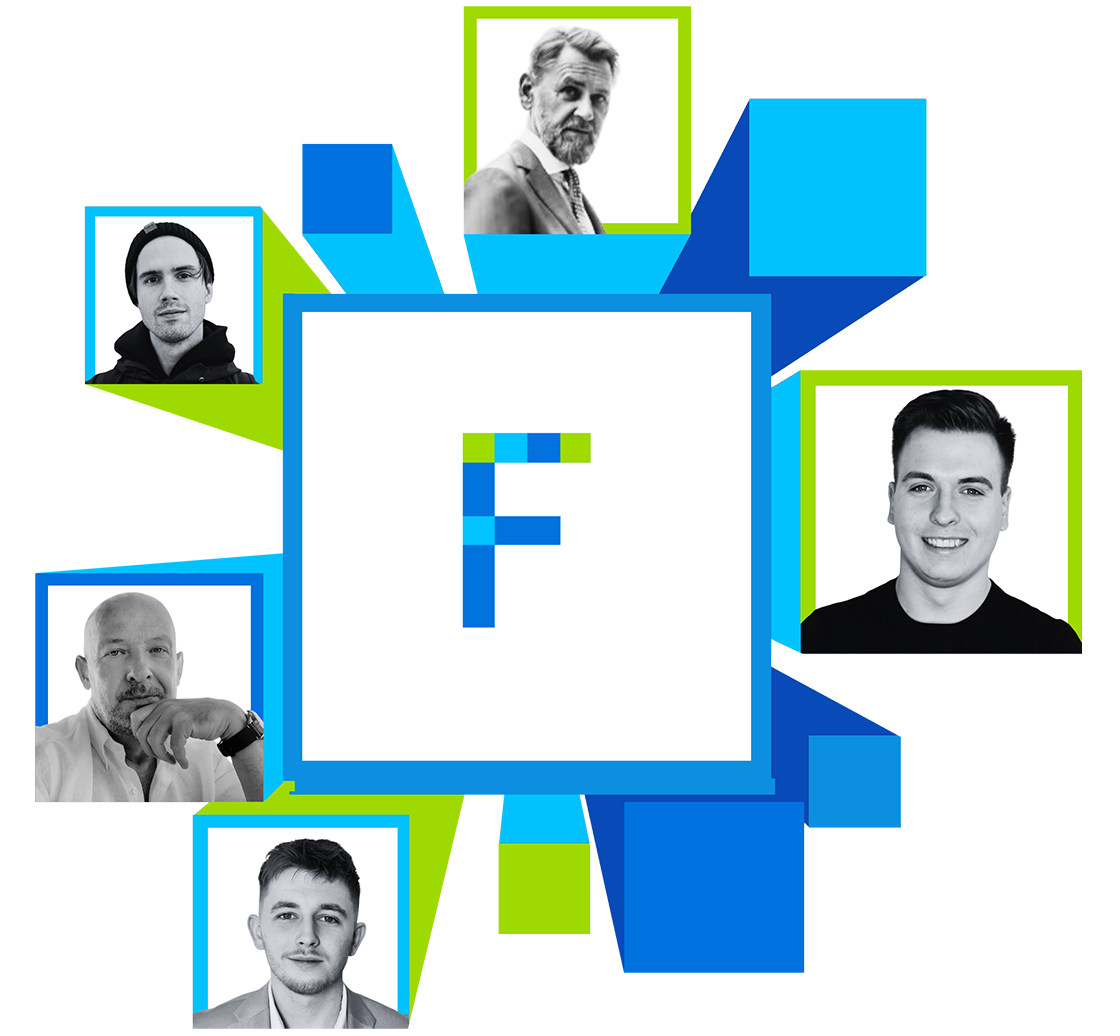Martyna, before the course you worked as a copywriter. How far is it from copywriting to testing and what do you have to do to get there?
In the industries I worked in (marketing and e-commerce), copywriting focused on the language of benefits, which was often simply selling an idea, not a product. And what counts in testing is concreteness and clarity. Totally opposite way of thinking about the product. It's a bit like comparing a student who knows something, but mostly "pours water" and a teacher who checks the general state of your knowledge and then focuses on finding gaps in it. What do you need to do? First of all, decide to change. Think about what we already know, what is to be mastered, and what is hard work. Many testers are self-taught. I did not choose this path, because in free articles I saw mainly SEO copywriting and I did not have the knowledge to assess their quality. I wanted to go through this process efficiently, so I decided to take the course.
Where did the idea to learn testing come from?
Stereotypically, after turning 30, I analyzed my life so far, including my professional life. At that point, I was burned out at copywriting and needed a change. My earlier professional career was a series of accidents, I didn't plan it. This time I wanted to approach this subject professionally and take up a profession that will open new doors for me in the future. I interviewed friends, scoured the Internet, and looked at job postings to find out what the job entailed. My attention was directed towards IT, because it is a well-paid and stable industry. Ultimately, I considered two professions: UX and testing. UX fell out because it's a creative position, and I've already burned out in one creative one. I needed a change and testing gave it to me.
Who can - in your opinion - become a programming tester? Who will not fit in this role?
Anyone who can look at one thing from many angles can become a manual tester. There is no room for the obvious here. Meticulousness, attention to detail, curiosity and patience - these qualities are desirable in this profession. And remember to record everything ;). The ability to observe is also useful, because it makes it easier to create test scenarios in your head later. Just for comparison: each of us knows what is the most appropriate way to hold a hot mug with a handle, and yet we use them in different configurations. It's the same with apps. There is one right way, but it doesn't have to be obvious or convenient for all of us. We have to anticipate what people might do and then do it first and report the result. We cannot predict all possible scenarios, but we can anticipate as many of them as possible.
It is also important that the tester is not afraid to speak out. If there are errors, we report them - that's why we are employed in companies. Here there is no room for silence, because, for example, we are ashamed to say something, admonish or draw attention to a mistake. I know it can be hard for some people because that's how we're socialized. Therefore, for someone who has an eye for testing but cannot be assertive for fear of being disliked, this job may be too difficult.
Experience in IT is not needed. It is known that most companies would like to immediately hire people with experience, but this is not possible, because there are simply not enough of them on the market.
During several recruitment interviews, I was asked in detail about issues related to testing and IT, so here I will answer that yes - IT knowledge is needed. But we don't have to have it at the level of a habilitated doctor, the basics are enough.
What was the most difficult for you during the course and then during your work?
For me personally, it was difficult at first to unlearn the marketing style of writing. We describe test cases specifically, without flowery language. They also don't require complex sentences. It was difficult for me to return to simple language, where the most important thing is to convey a message, not an advertising slogan. The second issue was self-discipline.
Is the work of a tester satisfying for you? Are you satisfied with this change?
Definitely. I find myself in testing and I am very happy with this change. I still use my creativity, maybe even more than before. It's also nice to see that my work is needed and causes progress in the work on the product.
Do you use your previous professional experience in your current job?
Surely. Like many people, I worked as a salesman early in my adult life.
